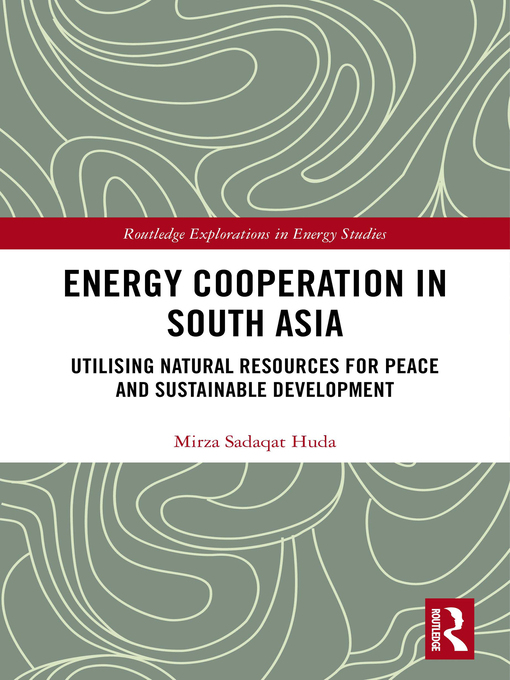This book analyses the key political challenges to regional energy cooperation in South Asia. It argues that investment in the planning of regional energy projects can increase their viability and also drive integration and peacebuilding.
Regional cooperation has been substantiated by academics and multilateral development banks as one of the most viable solutions to South Asia's crippling energy crisis. However, three decades of national and regional efforts have failed to develop a single multilateral energy project or foster high levels of bilateral cooperation. Using data collected through extensive interviews with policymakers in India, Bangladesh, Pakistan and Nepal, this book identifies the specific roadblocks to energy cooperation – including domestic politics and the failure of leadership on multiple levels - and evaluates how these political challenges determine regional interactions on energy securitisation, environmental cooperation and human rights. Huda then undertakes case studies on four transnational energy projects to highlight specific policy recommendations to overcome these challenges, suggesting planning mechanisms through which the significant issue of energy cooperation in South Asia can be addressed.
This book will be of great interest to students and scholars of energy security and geopolitics, natural resource governance and South Asian politics.

